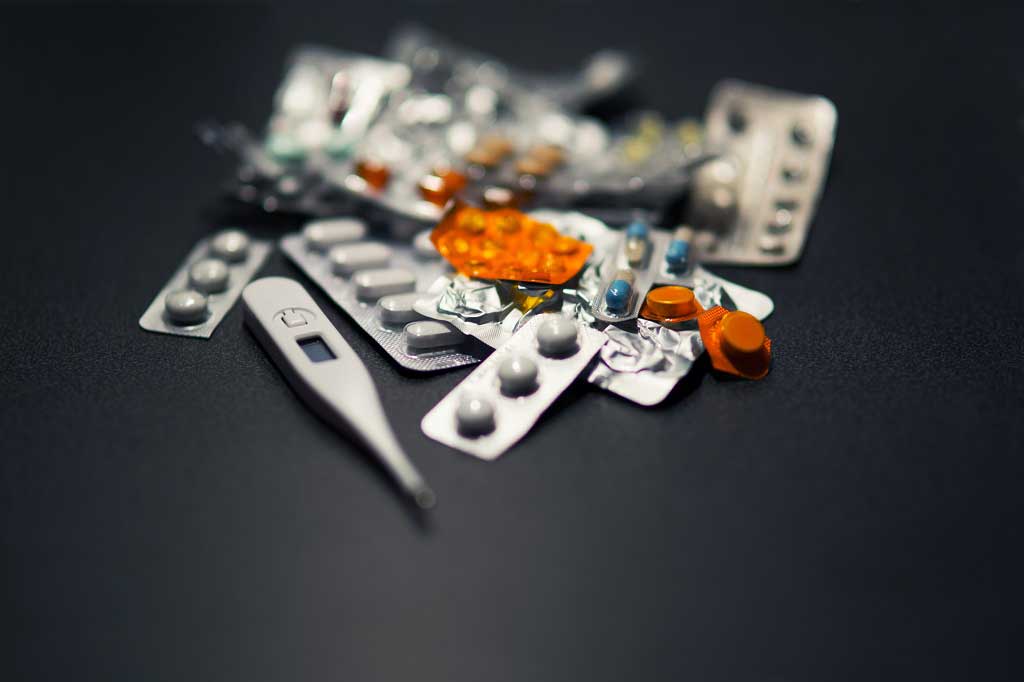Study suggests gene may turn 'good' cholesterol into 'bad'
Genetics and stem cells
"Some people with high levels of supposedly 'good' cholesterol are at much greater risk of heart disease," BBC News reports. Researchers have identified a genetic variant – P376L – that may cause some people to have…
"Some people with high levels of supposedly 'good' cholesterol are at much greater risk of heart disease," BBC News reports.
Researchers have identified a genetic variant – P376L – that may cause some people to have higher-than-normal levels of "good" cholesterol (high-density lipoprotein, or HDL) and may be linked to heart disease risk.
Researchers followed 328 people with unusually high levels of HDL in their blood. HDL normally picks up and removes other cholesterol from the blood, which is why it is regarded as "good".
Genetics were compared with those who had particularly low HDL levels. Overall, the researchers found that those with very high HDL levels had a faulty P376L variant of the SCARB1 gene, which should help to remove HDL from the blood.
The researchers strengthened this finding by pooling data from other genetics studies. They found that the P376L variant was linked to a 79% higher chance of having heart disease.
This is an interesting finding, but it shouldn't be taken as a prompt to ignore current advice on diet and cholesterol.
It is unclear how many people carry the P376L variant – the researchers describe it as rare. And, perhaps most importantly, only 3% of this sample actually had the variant, so it doesn't explain the reason for high HDL in the remaining 97%.
These results aren't relevant to most people. Unless told otherwise by your doctor, "good" and "bad" cholesterol remains just that for your health.
Where did the story come from?
The study was carried out by researchers from the University of Pennsylvania in the US and various other international institutions.
Funding was provided by the National Center for Research Resources, the National Center for Advancing Translational Sciences of the National Institutes of Health, and the Doris Duke Charitable Foundation.
Six of the study authors declared financial links to a range of pharmaceutical companies.
The study was published in the peer-reviewed journal Science.
The UK media focused on the "80% [actually 79%] risk" figure, which comes from the additional pooled data analysis of other studies the researchers did to support their findings, not from the main findings of this study sample.
The BBC and The Daily Telegraph's headlines did not make it clear that the potential risk of "good" HDL cholesterol only applies to people who carry the P376L gene variant. Only the Mail Online clarified this point.
What kind of research was this?
This cohort study aimed to examine the genetics of people with very high levels of HDL cholesterol, commonly referred to as "good" cholesterol.
The longstanding belief is that the higher the level of HDL cholesterol, the lower the risk of heart disease. However, trials involving drugs aimed at raising HDL levels are said to have had disappointing results.
Other studies that identified gene variants that cause high HDL levels have not found that this is linked to a lower risk of heart disease.
This study focused on an HDL receptor called scavenger receptor class BI (SCARB1), produced from the SCARB1 gene. Mouse studies previously showed that increased SR-BI receptor activity lowers HDL blood levels.
However, in these mice, the resulting low levels of "good" HDL cholesterol actually seemed to lower the number of fatty deposits in the arteries. This seems to be a counterintuitive result, as higher HDL levels are generally expected to be protective.
The relevance of these observations to humans is unclear, so this research aimed to get further insight into the link. The researchers expected that people with high HDL levels may have non-functioning SCARB1 genes, so don't produce the normal HDL receptor.
What did the research involve?
The study involved a sample of 328 people with very high HDL levels (above the 95th percentile on normal charts) and a comparison group of 398 people with low HDL levels (below the 25th percentile).
The researchers sequenced almost 1,000 genes previously associated with blood cholesterol levels. They did more in-depth analysis in people with gene variants linked to high HDL cholesterol levels, to look at how HDL is metabolised and its possible effects on heart disease risk.
What were the basic results?
Among the people with very high HDL levels, the researchers found one person with two copies and eight other people with one copy of a mutated variant (P376L) of the SCARB1 gene. Nobody in the control group had this variant.
Further analysis of people carrying the P376L variant confirmed they had high HDL levels. The person with two copies of the variant had particularly large HDL particles.
Looking at liver cells taken from these people, and from mice, the researchers confirmed that the P376L variant is associated with complete loss of function of the SR-BI receptor: that is, it can't take up HDL cholesterol.
Mouse studies have already shown that the lack of the SR-BI receptor and high HDL cholesterol levels doesn't lower heart disease risk.
In this study, the person carrying two copies of the P376L variant did not have heart disease, but the thickness of her carotid artery, which supplies blood to the brain, was higher than expected for her age. A fatty plaque was also detected.
There was no significant difference in the thickness of the carotid artery of the eight people with one copy of the P376L variant and the remaining control sample.
However, when the researchers further pooled the data from thousands of people involved in previous genetics studies – those with and without heart disease – they found that people carrying a copy of the P376L variant had higher HDL cholesterol and 79% higher odds of having heart disease.
How did the researchers interpret the results?
The researchers concluded that, "Carriers of the SCARB1 P376L variant have significantly increased HDL-C levels and a significantly increased risk [of coronary heart disease]."
Conclusion
This study has built on previous observations that having very high levels of HDL – or "good" – cholesterol may not be as protective against heart and vascular disease as you'd assume.
The study suggests that some people may have very high HDL cholesterol levels because they have an unusual variant of the SCARB1 gene, which normally codes for the receptor that picks up HDL cholesterol. The P376L variant of the gene was associated with the complete loss of function of this receptor.
However, this study alone doesn't provide firm evidence of what effect this gene variant and high HDL cholesterol levels have on heart disease.
Of the 328 people included in this study, only one of them was found to have two abnormal copies of the SCARB1 gene.
The woman had some evidence of fatty cholesterol deposits in her carotid arteries, but this finding in one person hardly counts as strong evidence that this gene variant, or high HDL in general, causes an increased risk of heart disease.
None of the eight people with one abnormal copy of the gene were found to have any evidence of heart disease. The researchers did recognise the poor strength of evidence, so they boosted their findings by pooling data collected in other genetics studies.
This finding seems to suggest that carrying one or two copies of the P376L variant of the SCARB1 gene may be associated with the presence of heart disease, but doesn't prove the variant is directly causing the increase in risk.
But it cannot be ignored that this study included 328 people with very high blood HDL levels, and only about 3% had the SCARB1 gene variant.
The study has left lots of important questions unanswered, including:
- What was causing the high HDL levels in the remaining 97% of the sample?
- What was their heart disease risk like?
- What is the risk for people who may have high HDL cholesterol, but aren't in this top bracket of people with the highest levels?
As with many other studies that identify genetic links, this research suggests that the P376L variant and the SCARB1 gene in general do not provide the whole answer of why some people have high HDL cholesterol levels.
It also cannot firmly tell us how this variant or high HDL cholesterol are linked to heart disease risk.
High-quality studies are needed to follow a large number of people with this gene variant or high HDL cholesterol in the long term, looking at their heart disease risk and outcomes.
We also need to better understand how HDL levels interact with LDL levels, total cholesterol and triglycerides to influence heart disease risk.
Unless advised otherwise by your doctor, you should continue to follow the current guidelines on cholesterol and diet:
- Eat fewer saturated fats, such as cakes, processed meats and butter.
- Eat more unsaturated fats, such as oily fish and nuts.
- Avoid roasting or frying fatty foods – grilling or boiling are healthier alternatives.
- Eat at least 30g of fibre a day.
Read more advice about cholesterol and its role in a healthy, balanced diet.






 Subscribe
Subscribe Ask the doctor
Ask the doctor Rate this article
Rate this article Find products
Find products







